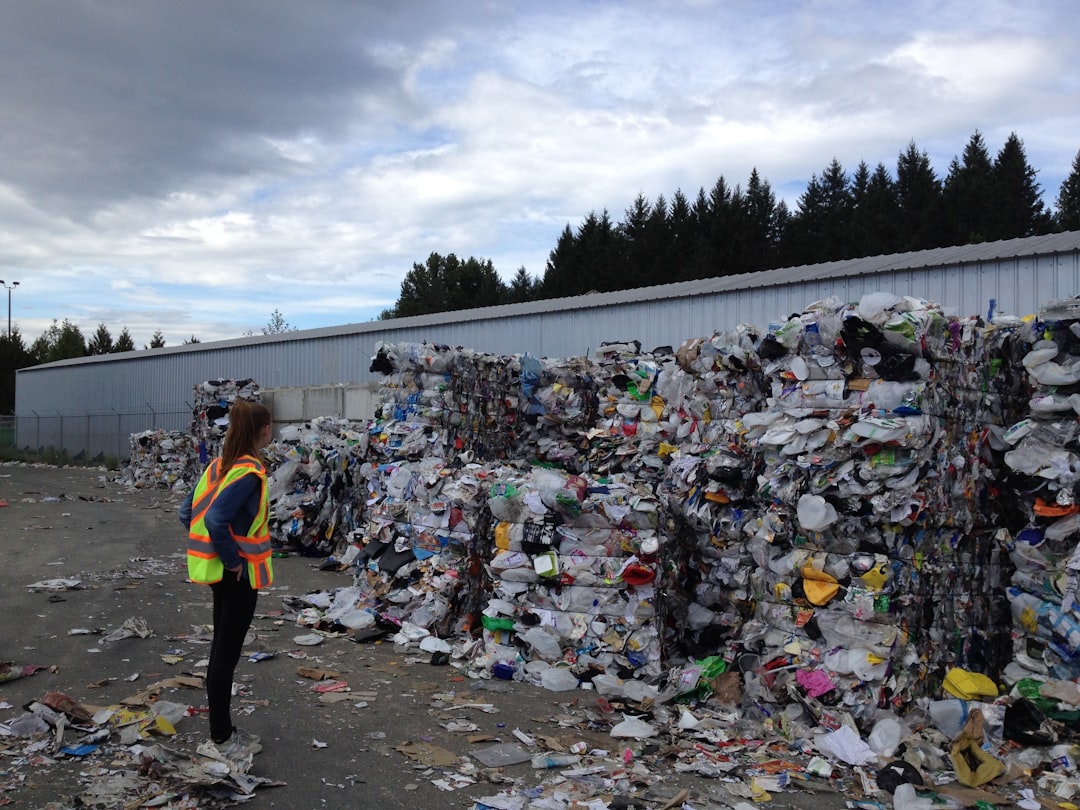The Impact of COVID-19 on the Real Estate Market: What to Expect
The COVID-19 pandemic has caused immense disruption in almost every aspect of our lives, including the real estate market. With social distancing measures, economic uncertainties, and changing buyer behaviors, the industry has felt the tremors of this global crisis. In this blog post, we will explore the impact of COVID-19 on the real estate market and discuss what we can expect in the coming months.
1. Decrease in Demand: Uncertain Times
As the pandemic continues to unfold, many potential buyers have adopted a wait-and-see approach. The fear of job loss, financial instability, and economic uncertainty has caused a decrease in demand for real estate properties. People are reluctant to make significant investments when the future remains unclear. Consequently, the real estate market has witnessed a decline in new home purchases and overall sales activity.
2. Shifts in Buyer Preferences: The Rise of Remote Work
The sudden surge in remote work has brought about significant changes in buyer preferences. Individuals and families are now prioritizing larger living spaces, home offices, and outdoor areas. The need for accessibility to parks and recreational areas has also become crucial. As a result, homes in suburban areas and rural regions have seen increased demand, while city apartments and condos have witnessed a decrease in interest.
3. Delayed Selling: Impact on Homeowners
Homeowners who were planning to sell their properties before the pandemic have faced unexpected roadblocks. The social distancing measures and restrictions on open houses have made it challenging to market homes effectively. Consequently, many sellers have delayed their plans as they wait for the market to stabilize. This extended period of time spent on the market may lead to increased competition and potentially lower selling prices in the future.
4. Opportunities for Investors: Market Corrections and Foreclosures
In times of crisis, opportunities often arise for astute investors. The real estate market is no exception. As individuals face financial hardships due to the pandemic, there may be an increase in foreclosures and distress sales. These circumstances may present opportunities for investors to acquire properties at reduced prices. Additionally, market corrections resulting from decreased demand could enable investors to enter the market at more reasonable valuations.
5. Digital Transformation: Virtual Tours and Online Transactions
The COVID-19 pandemic has accelerated the digital transformation of the real estate industry. Real estate agents and sellers have adapted to virtual tours and online transactions to adhere to social distancing guidelines. This shift has not only allowed for continued sales activity during the pandemic but has also led to the discovery of long-term efficiency gains. The increased adoption of technology may reshape the way real estate transactions are conducted, even after the pandemic subsides.
6. Government Interventions: Stimulus Packages and Mortgage Relief
Various governments worldwide have implemented measures to mitigate the impact of COVID-19 on the real estate market. Stimulus packages, mortgage relief programs, and low-interest rates have been introduced to support homeowners, buyers, and the overall economy. These interventions aim to provide stability in the real estate market and help individuals and businesses navigate through these uncertain times.
In conclusion, the COVID-19 pandemic has had a significant impact on the real estate market. Decreased demand, shifts in buyer preferences, delayed selling, and opportunities for investors are just some of the consequences experienced. However, the digitization of the industry and government interventions provide a glimmer of hope during these challenging times. As we navigate the pandemic, it is crucial to stay informed, adapt to changing circumstances, and ensure public health and safety remain a top priority.











